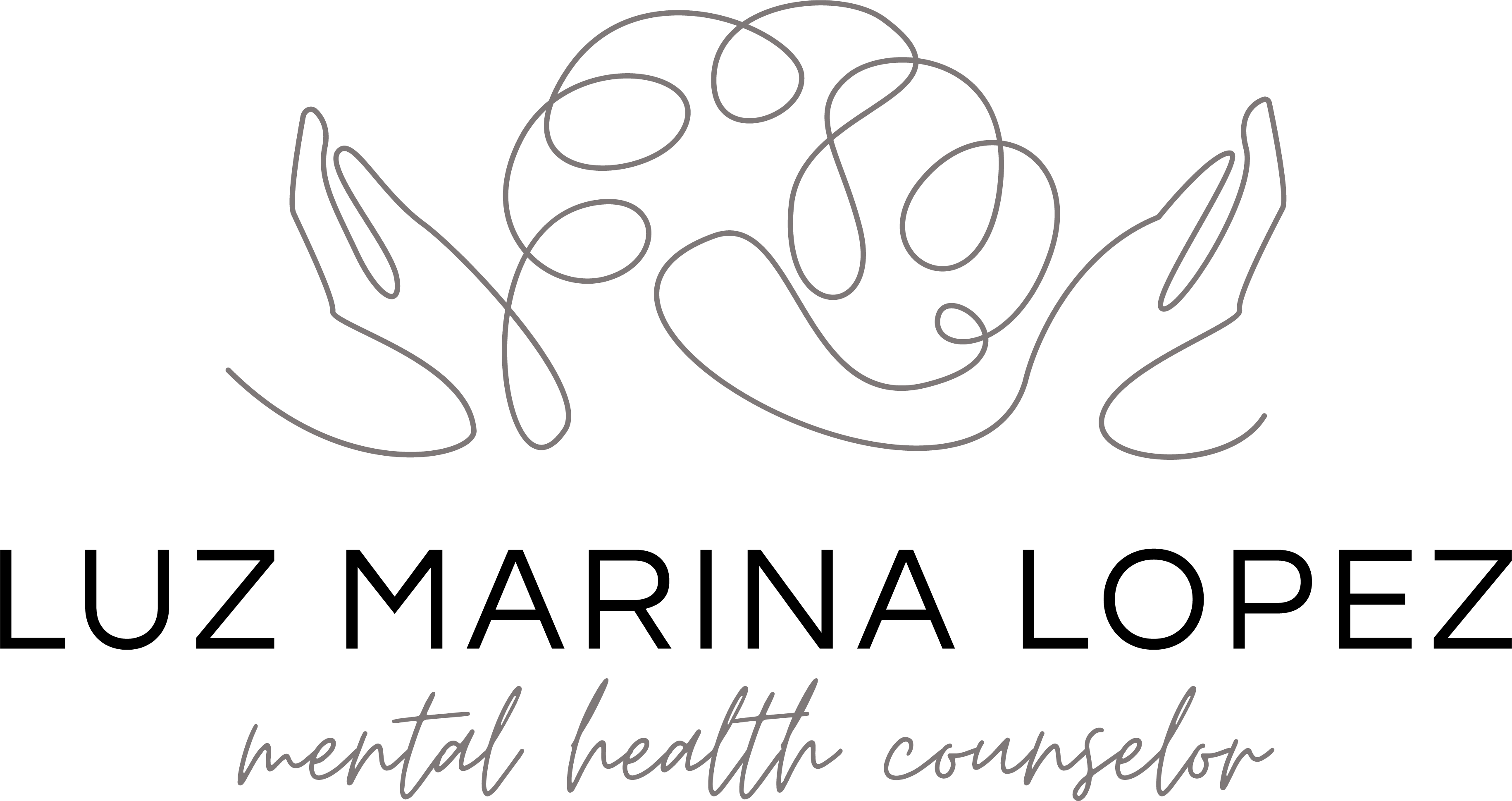The Anatomy Of Fear

WHY IS FEAR SOMETIMES FUN?
Our culture has an odd fascination with fear, so much so that there’s a holiday and a whole movie genre devoted to it. Some people enjoy the feeling that fear gives them and go out of their way to experience it. Personally, I’ve never been a fan of horror movies or haunted houses, I’m perfectly happy with rom coms and cooking shows. The same chemicals that cause the fear response in your brain are responsible for other intense emotional responses like happiness or excitement. Obviously, you can tell an actually dangerous situation apart from a harmlessly scary one, but the “rush” you experience can be similar. After a moment, your brain is able to tell that the fear caused by a well-placed jump scare in a movie is irrational while the fear caused by someone chasing you down a dark alley is useful! However, fear can overstay its usefulness and get in the way of your life. Let’s look at what actually happens in your brain when you experience fear, and how that affects the way you should address it.
BOO! I SCARED YOU!
When you are in a scary situation, the fear reaction starts in a tiny part of the brain called the amygdala. This little gland does many interesting things, including regulating emotional reactions and determining the correct response to emotion being shown on a human face. The amygdala is more sensitive to stimulation from fear or anger, and communicates with your body if it thinks a physical reaction is needed. For example, if you see a jump-scare scene in a movie, the amygdala recognizes it as a situation that induces fear, and then tells your brain to jump in your seat and maybe even squeal a little. Like we said before, your brain quickly determines that this fear reaction is irrational and dissipates it.
WHAT IS THE PURPOSE OF FEAR?
When your brain perceives fear, it tells your body to make these physical changes for a purpose. Your pupils dilate to take in more information about your surroundings, the bronchi in your lungs dilate so you can take in more oxygen, and your heart rate and blood pressure rise. By doing this, your brain is protecting you by causing your body to be more efficient in dangerous situations. If you were being chased by a lion, your body would direct its energy to the most important thing, running. Your digestive and immune system would slow down, and your brain would become more alert and focused. Once your brain decides if the fear is rational or not, it can then determine what type of reaction is useful.

DOES YOUR BRAIN NEED A TUNE UP?
Of course, sometimes this system your brain uses for interpreting and perceiving fear doesn’t function correctly, and sometimes that’s what causes mental health disorders that are based on fear. Often, exposure to an unusual or traumatic situation can cause you to develop an extreme and irrational fear of the same situation, called a phobia. On the other hand, if you have experienced or witnessed a terrifying event, your brain can get stuck in danger mode and constantly warn your body by causing physical reactions like flashbacks, nightmares, or emotional outbursts. This is called PTSD, and is common in members of the military who have been in combat, survivors of childhood abuse, or even witnesses of a traumatic experience like a car wreck or a death.
While genetics can make a person more inclined to anxiety or extreme fears, most often they are caused by your environment or situation. It is possible to manage and overcome phobias and PTSD. With special techniques, you can separate the physical reactions from the fear and retrain your brain to function correctly. If phobias or PTSD are getting in the way of your life, please schedule a Discovery Call with me today. I have helped many clients successfully overcome their fears and phobias, and I can help you too! Fear has its purposes, but it isn’t supposed to control or inhibit your life.
Many people resign to label themselves with their phobias and PTSD, carrying them like baggage. Even worse, many mental health professionals are quick to trap their patients in a diagnosis and burden them with slow and painful treatments. I prefer actual results over a diagnosis, and a treatment plan that is effective but also compassionate.

YOU WERE NOT GIVEN A SPIRIT OF FEAR
God created your brain to be an amazing, complicated, finetuned machine. Matthew 6:34 says that “you were not given a spirit of fear, but of power, and of love, and of a sound mind”. God did not intend for you to be beholden to fear, but he gave you a sound, strong mind that can do amazing things. If you deal with fear, phobias, or PTSD, you aren’t broken, messed up, or in sin. While your choices do influence your mental health, sometimes fear can be out of your control. Don’t be ashamed if you struggle with these things, but seek help. You don’t need to face your fears alone.
